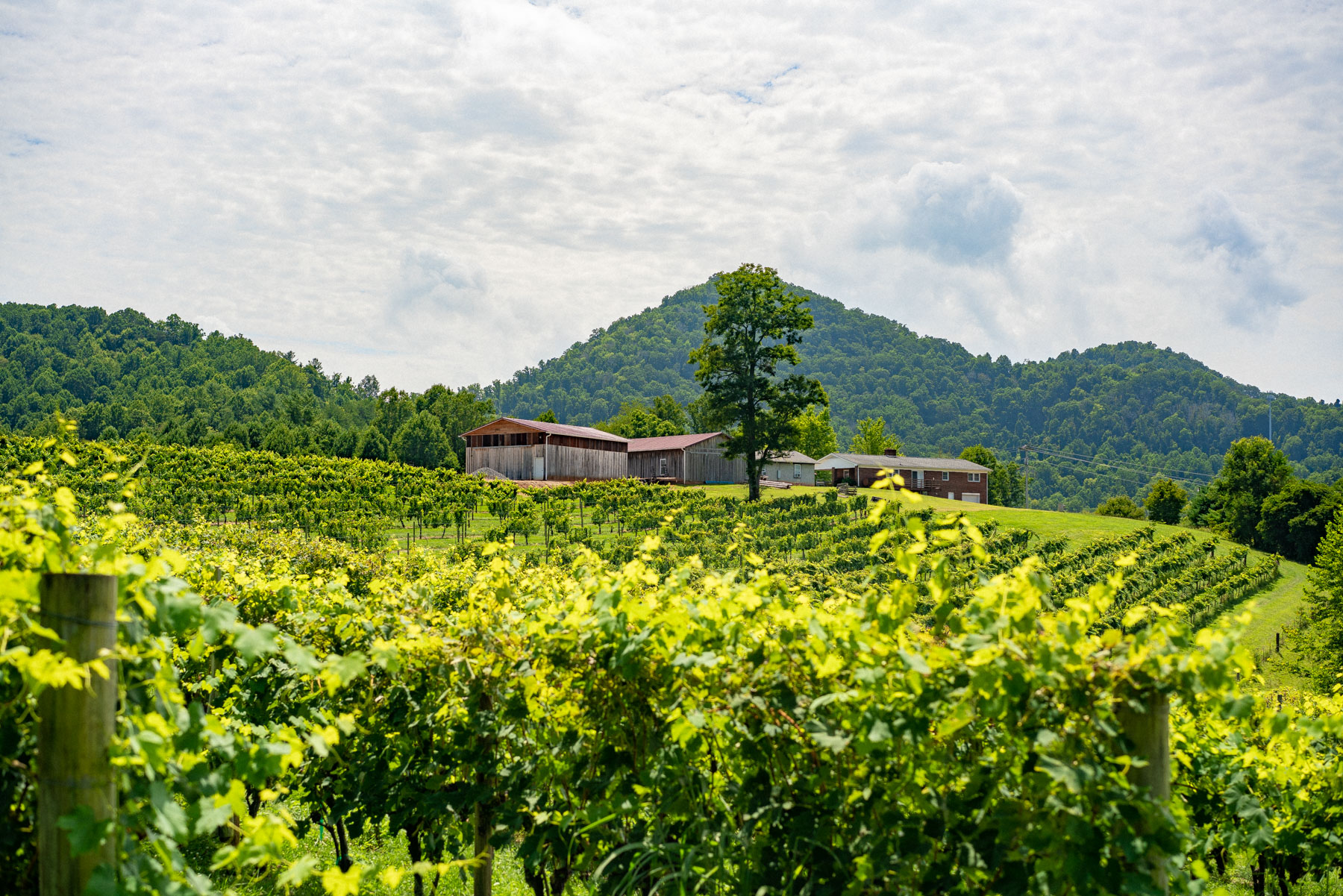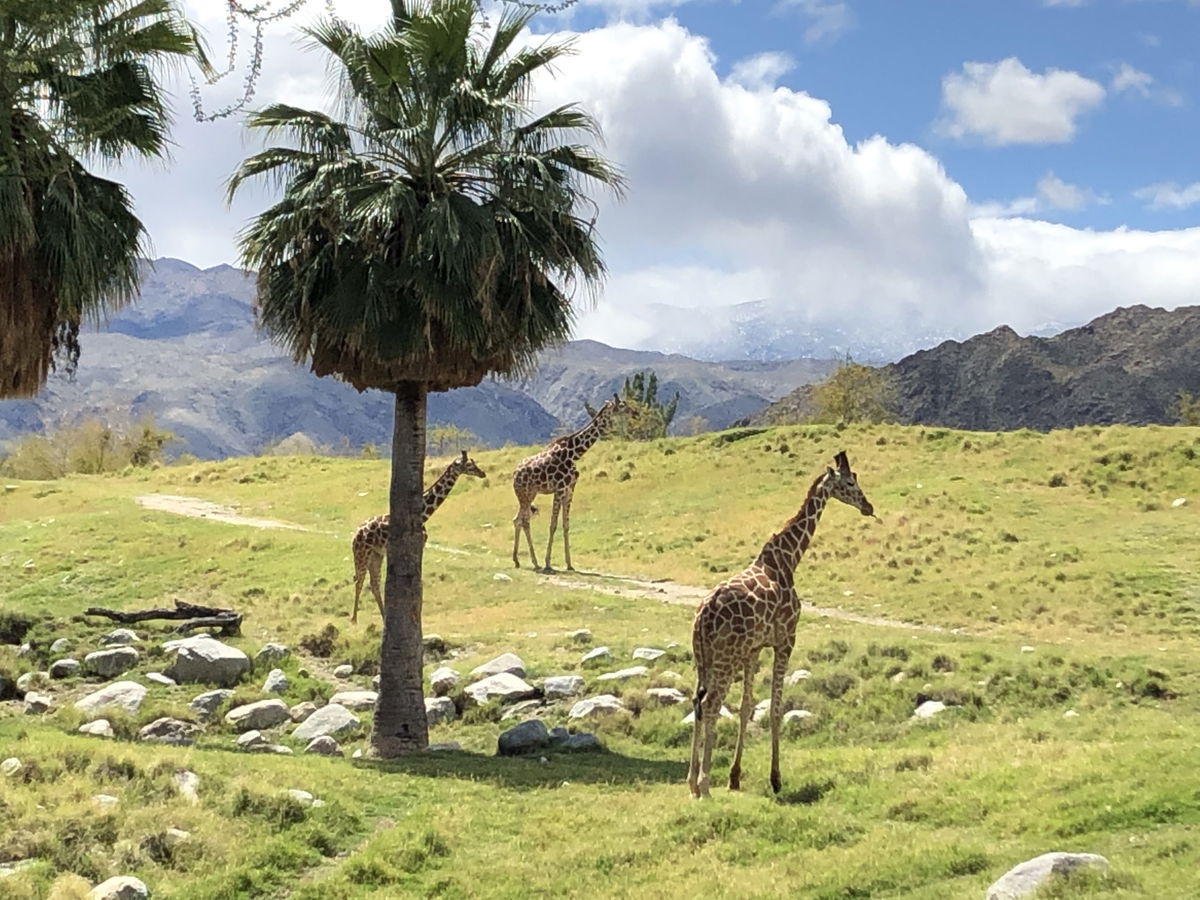North carolina off grid living – North Carolina off-grid living beckons those seeking a simpler, more self-sufficient life. Imagine waking to the sun’s gentle rise, your energy needs met by solar panels, and your meals sourced from your own garden. This isn’t a fantasy; it’s a lifestyle increasingly accessible in the Tar Heel State, offering a unique blend of natural beauty and independent living. But the path to off-grid existence requires careful planning and a deep understanding of North Carolina’s unique legal landscape, environmental considerations, and the practical challenges of sustainable living.
This guide delves into the intricacies of this exciting and rewarding journey, empowering you to make informed decisions and navigate the process with confidence.
From navigating the complexities of obtaining permits and securing water rights to mastering renewable energy systems and sustainable food production, we’ll explore every aspect of off-grid living in North Carolina. We’ll examine various energy sources, water management techniques, building strategies, and community-building approaches. Discover how to create a self-sufficient homestead, minimizing your environmental impact while maximizing your connection with nature.
We’ll even tackle the potential legal hurdles and offer solutions to ensure a smooth transition into your off-grid haven.
Community and Social Aspects of Off-Grid Living in North Carolina: North Carolina Off Grid Living
Embracing an off-grid lifestyle in North Carolina presents a unique blend of challenges and rewards, significantly shaped by the social dynamics of this choice. While the allure of self-sufficiency and connection with nature is strong, the realities of limited social interaction and the need for community support cannot be overlooked. This section explores the social landscape of off-grid living in the state, highlighting both the difficulties and the opportunities for building strong, resilient communities.
The inherent isolation of off-grid living can be both a blessing and a curse. While many seek solitude and a break from the pressures of modern life, the lack of immediate access to neighbors, friends, and established support networks requires careful consideration. Building a strong sense of community becomes crucial for overcoming challenges and sharing resources effectively. Conversely, the strong bonds forged through shared experiences and mutual reliance can create incredibly fulfilling and supportive social circles.
Challenges of Isolated Off-Grid Communities
The geographical dispersion of off-grid homesteads in North Carolina often leads to significant distances between properties. This physical isolation can make it difficult to access help in emergencies, share resources efficiently, and participate in community events. Furthermore, the lack of readily available social interaction can lead to feelings of loneliness and isolation, particularly for individuals accustomed to a more connected lifestyle.
The absence of reliable internet access further exacerbates this challenge, limiting communication and access to support networks. These challenges highlight the importance of proactive community building and the establishment of robust support systems.
Benefits of Community Building Among Off-Grid Residents
Strong community bonds are essential for mitigating the challenges of off-grid living. Resource sharing is paramount; neighbors can assist each other with repairs, share tools and equipment, and collaborate on larger projects. This collective approach not only reduces individual costs but also fosters a sense of interdependence and mutual support. Community events, such as potlucks, skill-sharing workshops, and cooperative projects, provide opportunities for social interaction and strengthen community ties.
Shared knowledge and experience, especially concerning sustainable practices, are invaluable resources within these communities. A cooperative approach to resource management, like shared water sources or solar power systems, can lead to increased efficiency and cost savings.
Sources of Social Support and Connection for Off-Grid Individuals
Several avenues exist for individuals seeking social connection while living off-grid in North Carolina. Joining online forums and social media groups dedicated to off-grid living provides a virtual community where individuals can share experiences, ask questions, and access advice. Participating in local farmers’ markets, workshops, and sustainability events connects off-grid residents with like-minded individuals and broader community networks.
Seeking out local homesteading groups or co-ops can provide opportunities for collaboration and shared learning. Establishing relationships with nearby neighbors, even if geographically distant, can provide a crucial safety net and source of support. Finally, actively participating in community events within a larger, non-off-grid community can help maintain ties with the wider world and provide additional social outlets.
Examples of Successful Off-Grid Communities in North Carolina, North carolina off grid living
While specific details of individual communities often remain private to protect their privacy and security, anecdotal evidence suggests successful off-grid communities in North Carolina prioritize communication, mutual aid, and shared resources. These communities often establish informal agreements for emergency response and resource sharing. Regular gatherings, such as seasonal celebrations or skill-sharing workshops, foster social cohesion and a strong sense of community.
The success of these communities hinges on the willingness of individuals to actively participate, contribute their skills, and support their neighbors. Effective communication channels, whether through regular meetings, shared online platforms, or simply frequent check-ins, are vital for maintaining community cohesion and responding to challenges collaboratively. A strong emphasis on mutual respect and shared values fosters a supportive and inclusive environment.
Building and Construction for North Carolina Off-Grid Homes

Building your dream off-grid home in North Carolina requires careful consideration of materials and techniques that balance durability, energy efficiency, and environmental responsibility. The state’s diverse climate, ranging from humid coastal regions to mountainous areas, necessitates a flexible approach to construction, allowing for adaptation to specific local conditions. This section will explore suitable building materials, compare various construction methods, present a sample floor plan, and Artikel a budget for such an undertaking.
Suitable Building Materials for North Carolina Off-Grid Homes
The choice of building materials significantly impacts the energy efficiency and longevity of your off-grid home in North Carolina. Prioritizing locally sourced, sustainable options minimizes environmental impact and transportation costs. Several materials are well-suited to the state’s climate and off-grid lifestyle. These include:
- Timber framing: Utilizing locally harvested wood offers excellent insulation and structural strength, aligning with sustainable practices. The aesthetic appeal of timber framing also complements many off-grid home designs.
- Cordwood construction: This technique uses readily available wood scraps, reducing waste and offering good insulation. Proper sealing and chinking are crucial for weatherproofing.
- Straw bale construction: Straw bales provide exceptional insulation, are relatively inexpensive, and are a sustainable building material. However, they require careful protection from moisture.
- Reclaimed materials: Repurposing salvaged lumber, bricks, or other materials reduces waste and adds character to the home. Careful inspection for structural soundness is essential.
- Earthbag construction: This technique involves filling bags with earth and stacking them to form walls, offering excellent thermal mass and affordability. It requires careful planning and execution to ensure stability.
Comparison of Off-Grid Building Techniques
Various construction techniques offer different advantages and disadvantages regarding cost, durability, and environmental impact.
| Technique | Cost | Durability | Environmental Impact |
|---|---|---|---|
| Timber framing | Medium to High | High | Medium (dependent on wood sourcing) |
| Cordwood | Low | Medium | Low |
| Straw bale | Low to Medium | Medium | Low |
| Reclaimed materials | Variable | Variable | Low |
| Earthbag | Low | High | Low |
Sample Floor Plan for a Small, Sustainable Off-Grid Home
This design prioritizes passive solar heating and natural ventilation, common strategies for energy efficiency in North Carolina’s climate.
| Room | Dimensions (ft) | Materials | Features |
|---|---|---|---|
| Living Room/Kitchen | 16 x 12 | Reclaimed wood flooring, straw bale walls | Large south-facing window, wood-burning stove |
| Bedroom | 10 x 10 | Reclaimed wood flooring, earthbag walls | Built-in shelving, small window |
| Bathroom | 6 x 6 | Concrete floor, timber framed walls | Composting toilet, shower with greywater recycling |
Creating a Detailed Budget for Constructing an Off-Grid Home
Budgeting for an off-grid home requires meticulous planning, accounting for material costs, labor, permits, and unforeseen expenses. A realistic budget should include contingency funds to accommodate potential challenges. For example, a 1000 sq ft home might require the following budget breakdown (these are estimates and vary greatly based on location, materials, and labor costs):
| Item | Estimated Cost ($) |
|---|---|
| Materials (lumber, insulation, etc.) | 25,000 – 50,000 |
| Labor (if hiring contractors) | 30,000 – 60,000 |
| Permits and inspections | 2,000 – 5,000 |
| Site preparation | 5,000 – 10,000 |
| Contingency (10-20%) | 5,000 – 15,000 |
| Total Estimated Cost | 67,000 – 140,000 |
Note: These are rough estimates. Actual costs will vary considerably depending on the size and complexity of the project, the chosen materials, and the level of self-sufficiency in construction. Detailed quotes from suppliers and contractors are crucial for accurate budgeting.
Embarking on the North Carolina off-grid adventure is a journey of self-discovery and resilience. It’s about embracing a life deeply connected to the land, fostering self-reliance, and building a sustainable future. While challenges undoubtedly exist, the rewards—freedom, self-sufficiency, and a profound connection with nature—are immeasurable. This guide serves as your compass, providing the knowledge and insights you need to navigate this path successfully.
By carefully considering the legal, environmental, and practical aspects Artikeld here, you can transform your dream of off-grid living in North Carolina into a thriving reality. Start planning your escape to a life less ordinary.
Do not overlook the opportunity to discover more about the subject of off grid living big island hawaii.



